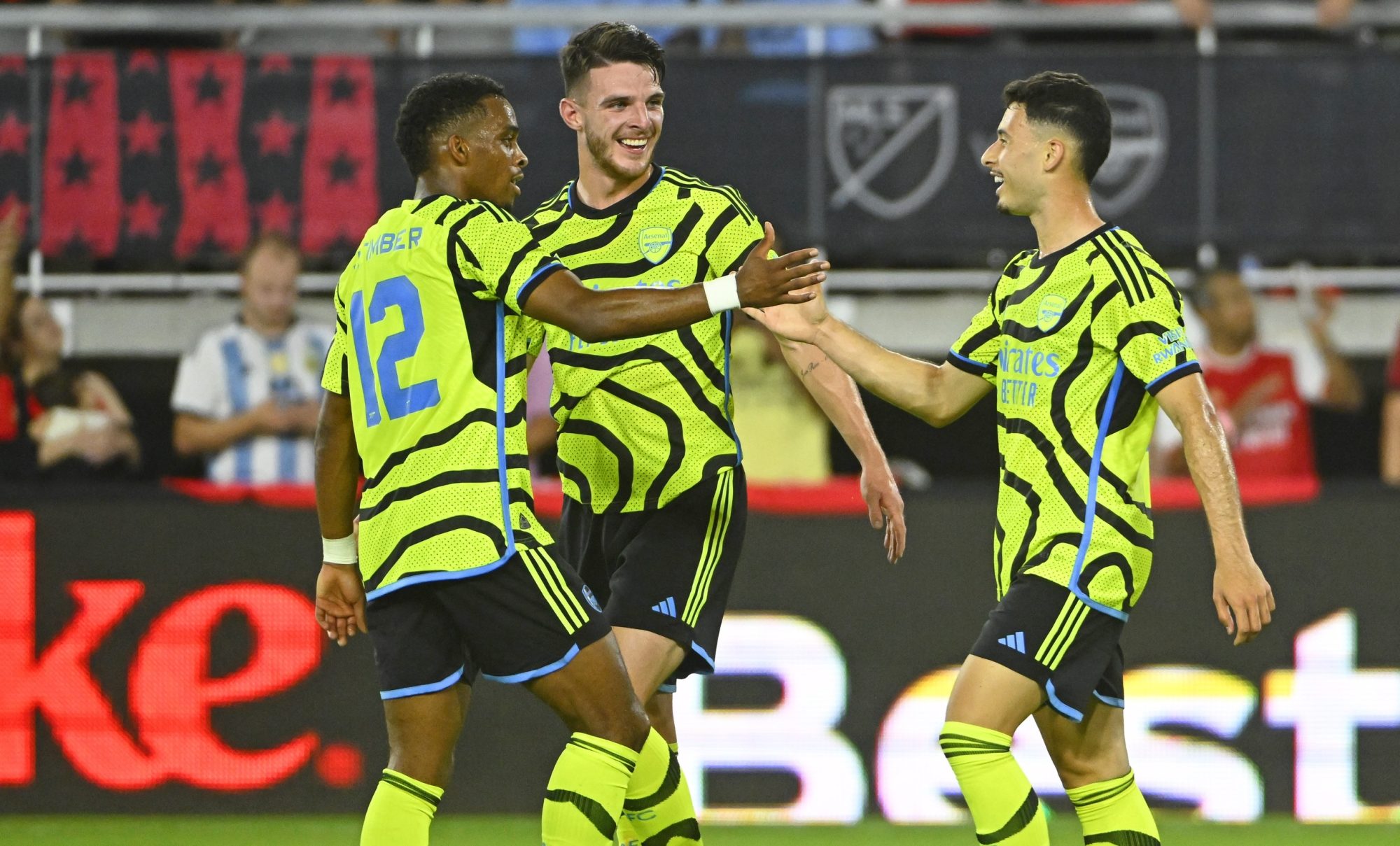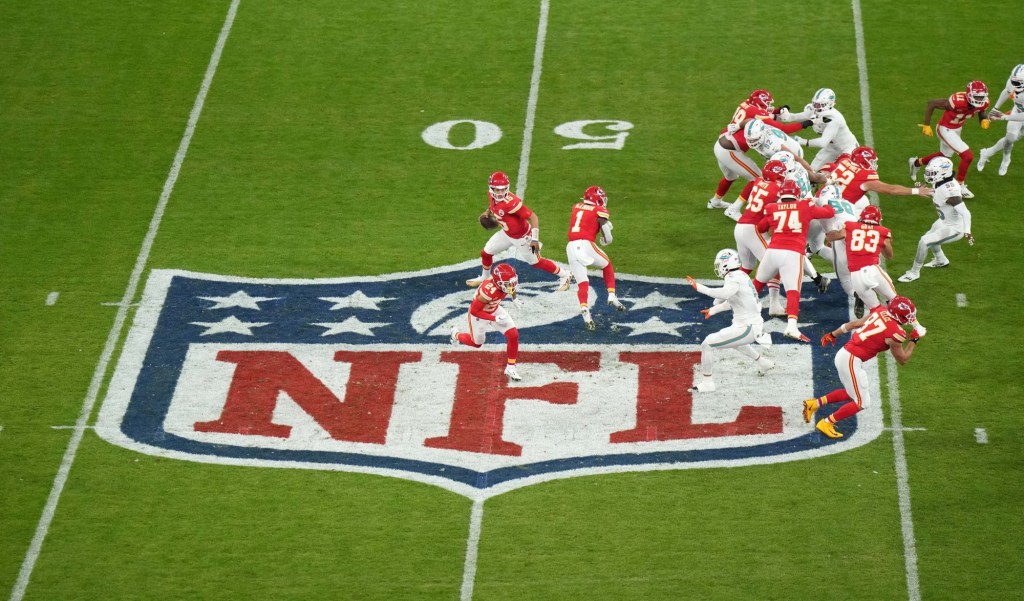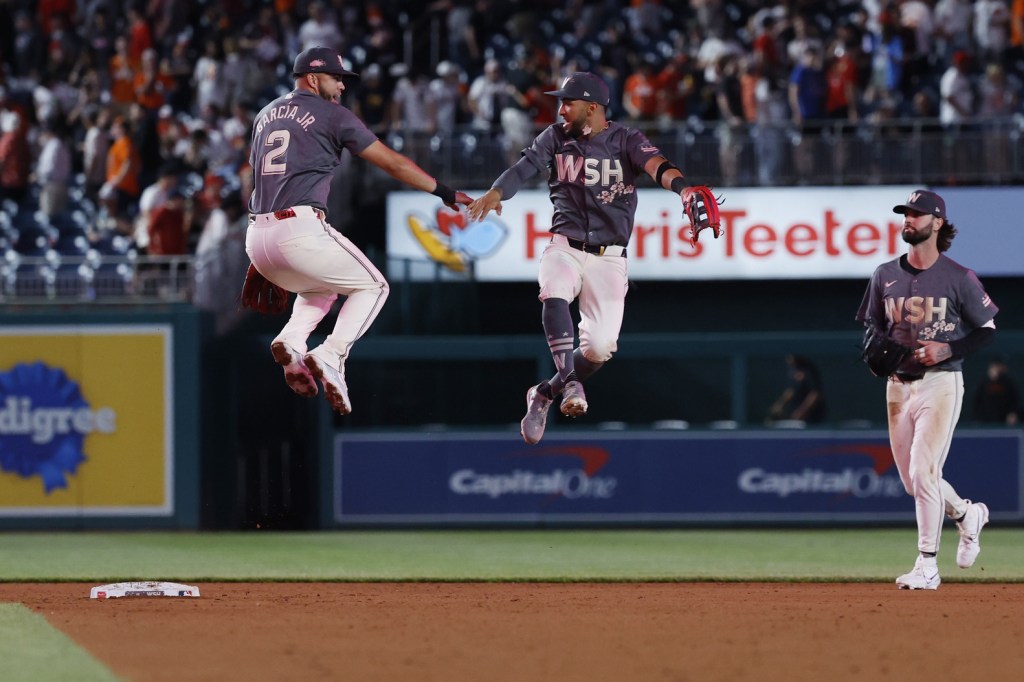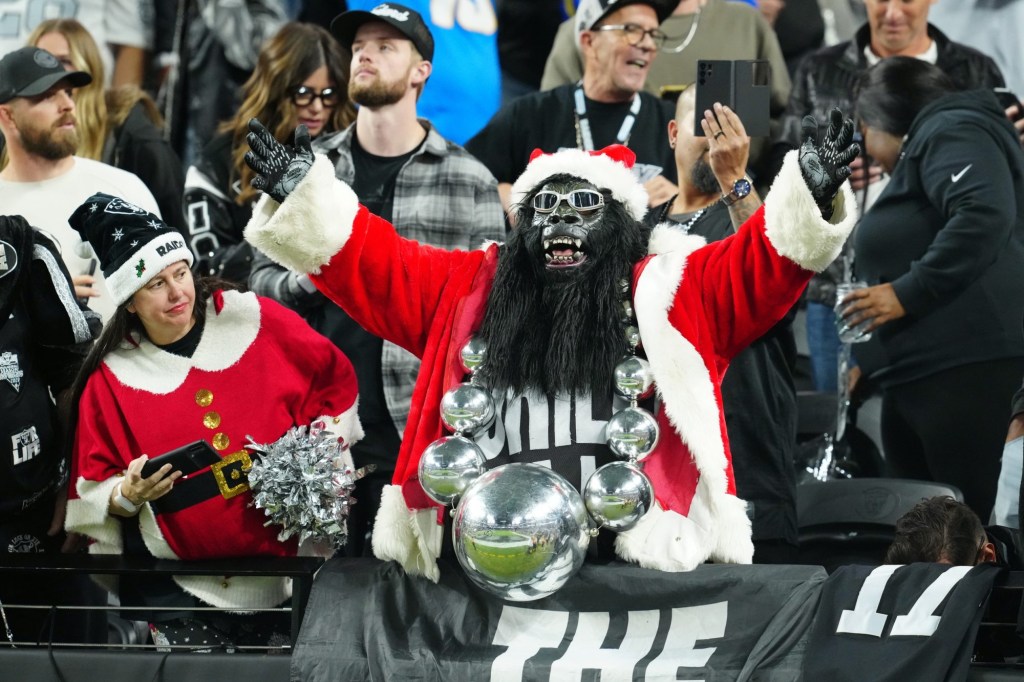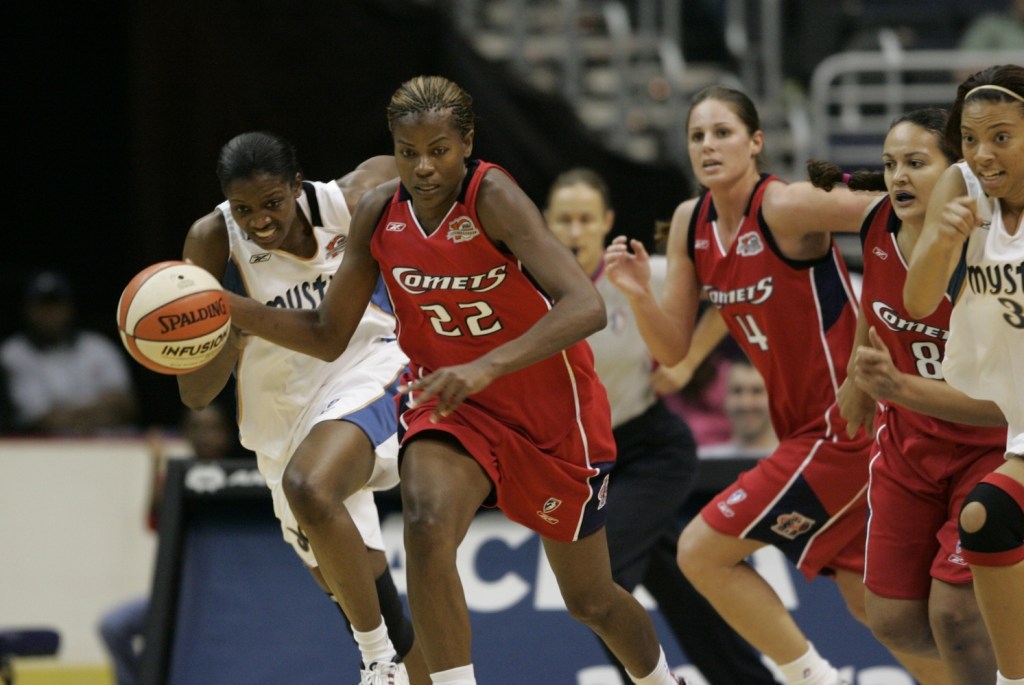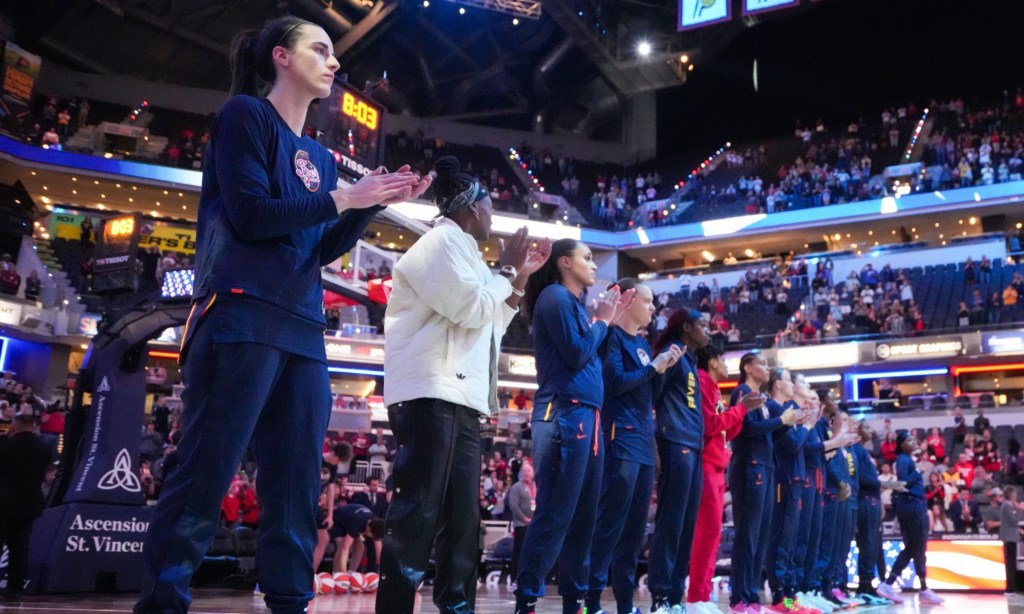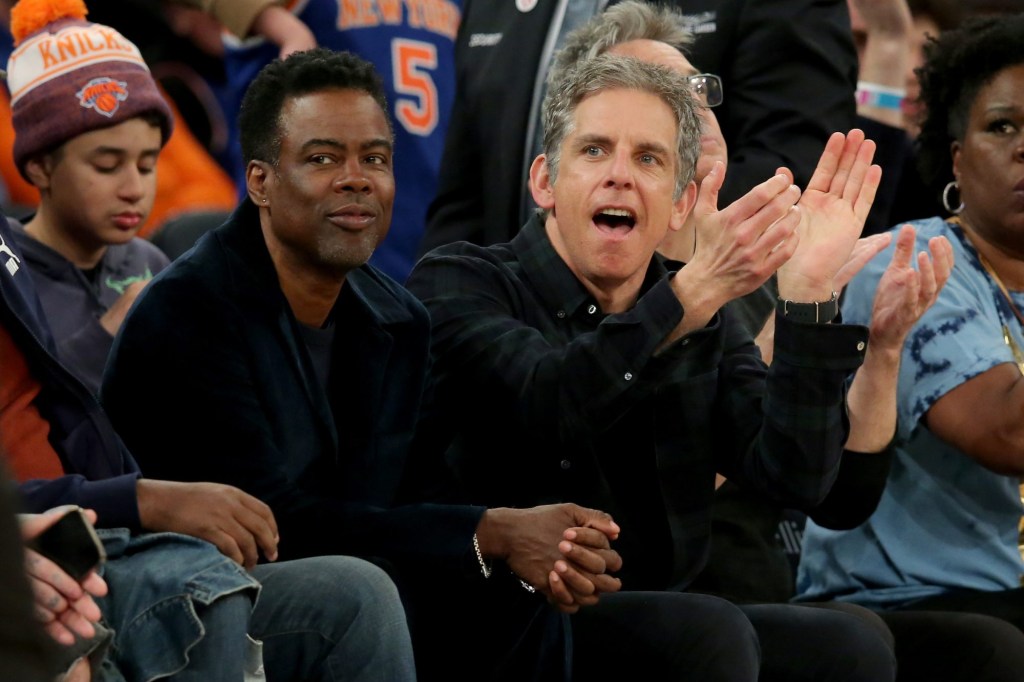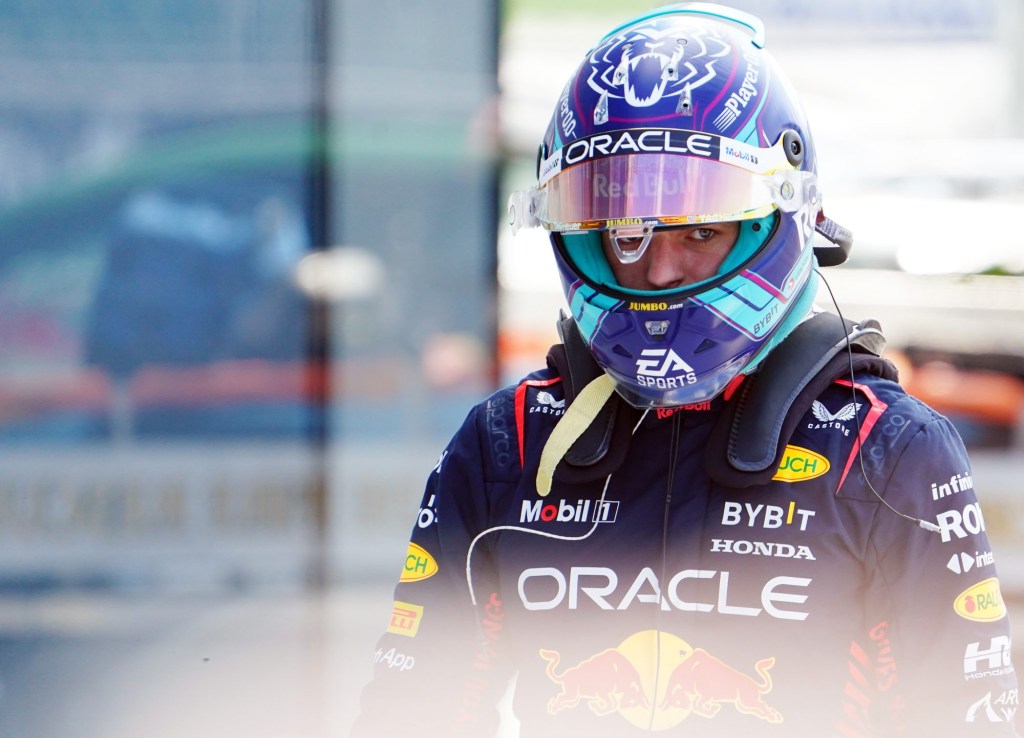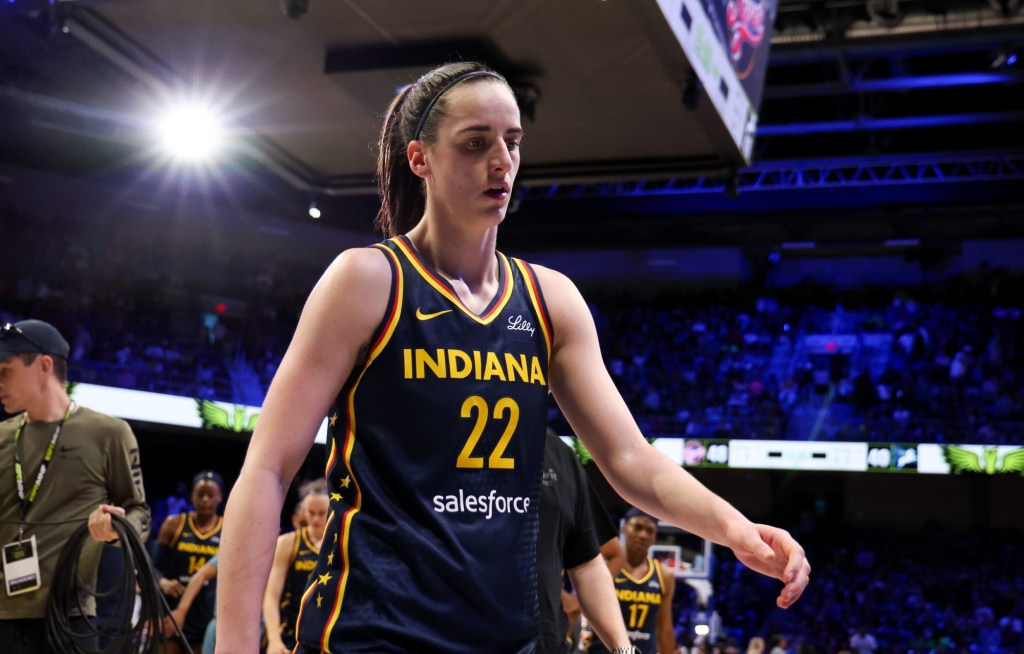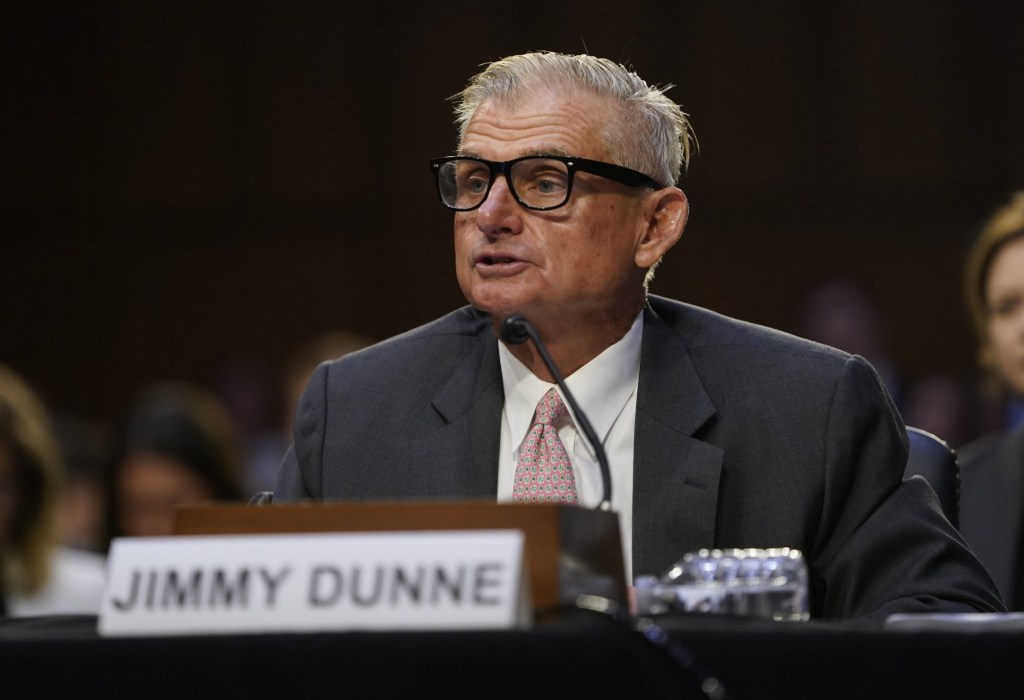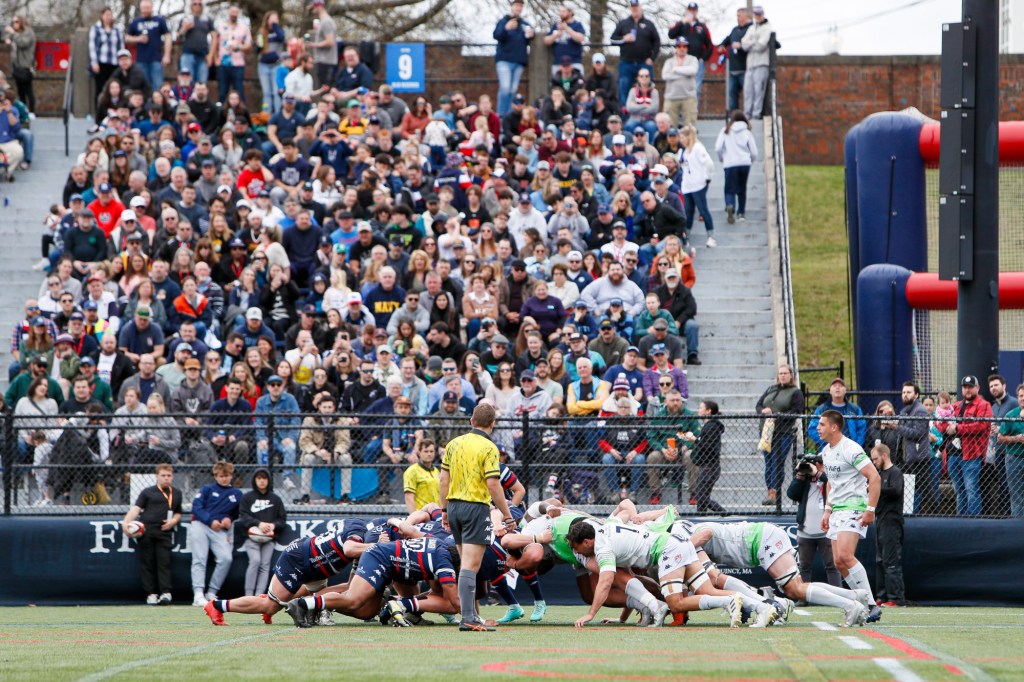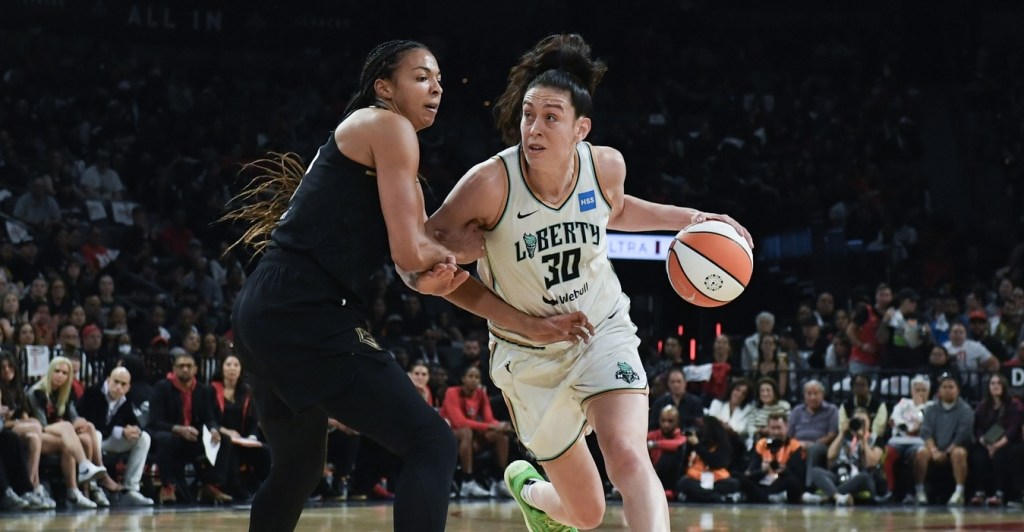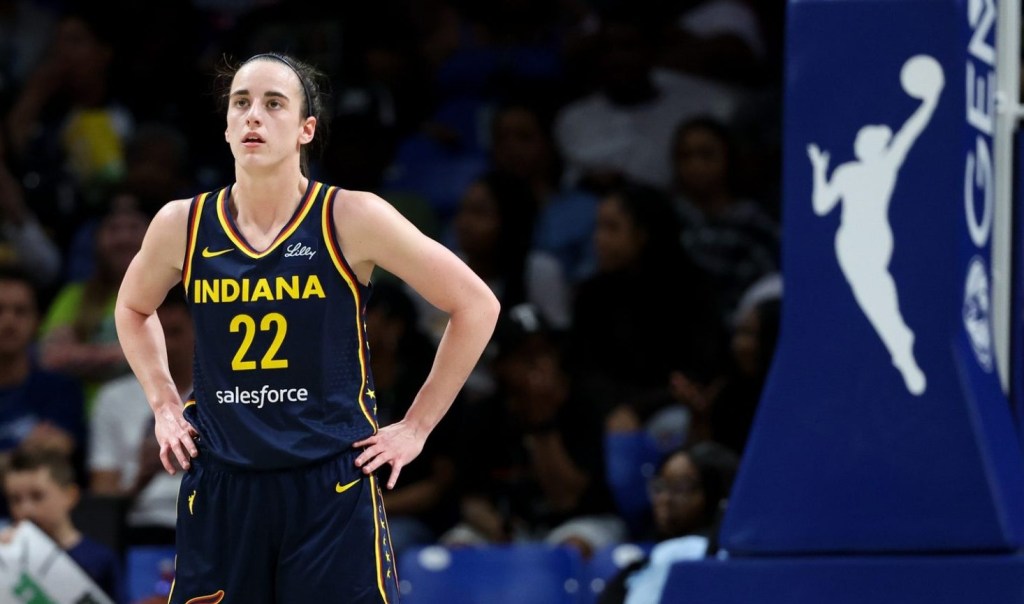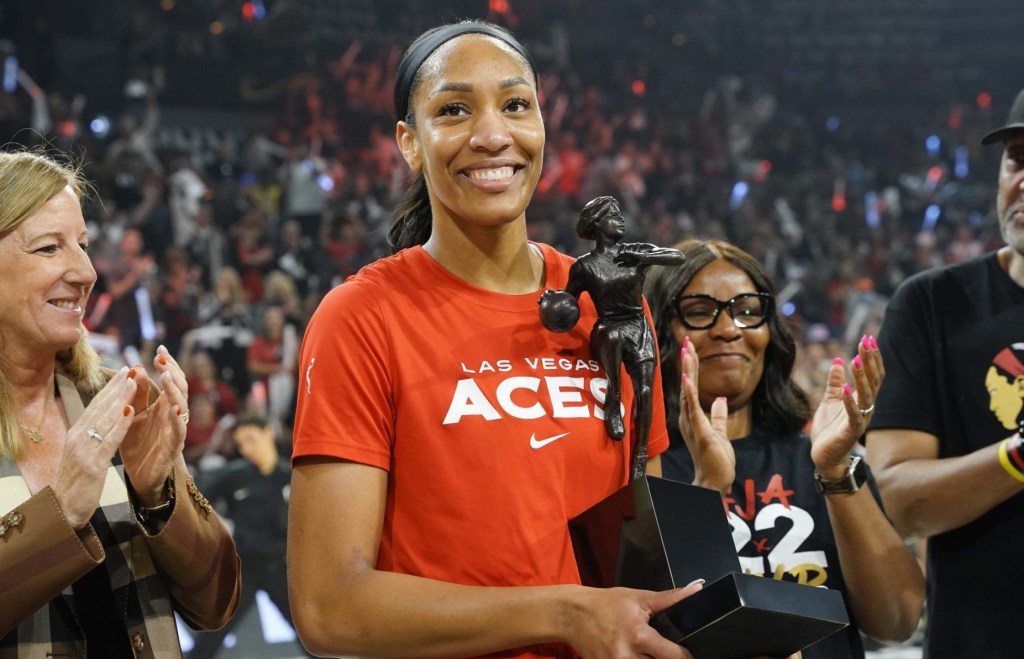The majority of Premier League clubs agreed to continue with plans for a hard spending cap at a shareholders meeting Monday.
After a season full of punishments for financial violations by teams, including Everton and Nottingham Forest, clubs are reconsidering the consequences of overspending. Here’s everything you need to know about the latest vote and what the proposed rules would mean should they go into effect:
How would these rules work and when would they go into effect?
Take the television revenue of the last-placed team and multiply it by five. That’s what the new spending limit would reportedly be. It’s a system known as “anchoring” that would seek to put some rules in place to keep wealthy teams from crazy spending, but in some ways be less punitive than the current rules.
It would work in tandem with newly proposed squad cost rules, which would limit spending on players, transfers, and agent fees to a portion of a team’s own revenue. The limit is 70% for top teams who advance into European tournaments, and 85% for everybody else.
Both the proposed spending cap and squad cost regulations, if approved, would go into effect for the 2025–26 season.
Wait, Premier League teams don’t all make the same amount of money from national television contracts like U.S. sports teams do?
For half of the broadcast revenue, yes.
But a quarter of the total TV revenue is based on final league standings, and the other quarter is “distributed as a facilities fee for televised matches,” according to the league. This makes it so that teams at the bottom of the league not only earn less prize money but also take in fewer TV dollars. The team earning the most broadcast revenue pulls in 1.8 times the amount that the lowest-earning team does, the league says.
Who likes the proposed rules and who doesn’t?
The final vote would need 14 clubs in favor to pass. Monday’s temperature check had 16 clubs in favor, while Manchester United, Manchester City, and Aston Villa reportedly voted against the idea, and Chelsea abstained. The Manchester rivals and Chelsea are three of the four richest teams in the Premier League. City broke the league’s revenue record last season, generating $884.3 million, breaking United’s mark set just weeks earlier at roughly $785 million.
Less wealthy clubs support the proposed rules because they would prevent the top dogs from far outspending them, boosting the internal competitiveness of the league. But the wealthiest teams, United in particular, reportedly see the rules as a way to lessen the competitiveness of the league on the international stage, and unfairly punish teams for their financial success.
A spokesperson for the U.K.’s Professional Footballers’ Association, the union that includes Premier League players, told The Athletic: “We will obviously wait to see further details of these specific proposals, but we have always been clear that we would oppose any measure that would place a ‘hard’ cap on player wages. There is an established process in place to ensure that proposals like this, which would directly impact our members, must be properly consulted on.”
Would this give teams other than Man City a chance to win the league? Would any of the top teams have to curb their spending in this hypothetical system?
That’s the goal, at least. The rules are designed to decrease the widening gap between the exorbitantly wealthy clubs and those on the bottom.
If the “anchoring” system had been in place in the 2022–23 season, the limit would have been set at £518 million, or just shy of $650 million, which is five times what 20th-place Southampton made in revenues. Only one team, Chelsea, would have exceeded that figure, according to The Athletic. Chelsea’s squad costs hit £539 million (about $674 million), followed by City at £501 million (about $627 million), United at £453 million (about $567 million), Liverpool at £412 million (about $515 million), and Arsenal at £326 million (about $408 million). The new rules would set a cap, but teams are largely operating under what it would be already.
What’s the current system, and why aren’t people happy with it?
The league’s Profit and Sustainability Rules declare that clubs cannot lose more than £105 million (roughly $133 million) over the course of three seasons. Everton lost 10 points in November as punishment for losing too much money, which was later changed to six points, then gained an additional two-point deduction. Nottingham Forest received a four-point punishment, also for losing too much money. Chelsea, despite abstaining from the vote on potential new rules, has blatantly overspent and is now at risk of PSR consequences.
Manchester City is also facing looming financial penalties for conduct between 2009 and ’18. The penalties have been a marked change for the league, which is ready to ditch the rules that nearly forced Everton into relegation, a move that could conceivably halve the club’s revenues, if not worse.
Are these rules even legal in England?
It’s not clear. To go into effect, the rules would need the approval of the Professional Football Negotiating and Consultative Committee, a group that decides matters like employment and safety issues with representatives from the union, the Football Association, the English Football League, and the Premier League. Players’ unions have said that salary caps could break European competition law. Salary caps in U.S. sports are legal only because they’ve been collectively bargained with players’ unions in those sports; unilaterally imposing them would amount to wage-fixing, which is broadly illegal.
So what would it take for these rules to actually go into effect?
Two things: a final vote in June at the league’s annual general meeting with at least 14 clubs supporting the new rules, plus approval from the Professional Football Negotiating and Consultative Committee.
And why aren’t we calling this a “salary cap?”
These rules wouldn’t just limit how much a team can spend on player salaries, but also how much it spends on transfers and agents’ fees, too.
Plus, the penalties are different from U.S. sports. Under the newly proposed squad cost rules, teams could still face point deductions that push them down the rankings.
O.K., but that sounds a lot like a salary cap, just with harsher penalties.
Yes, it does.
